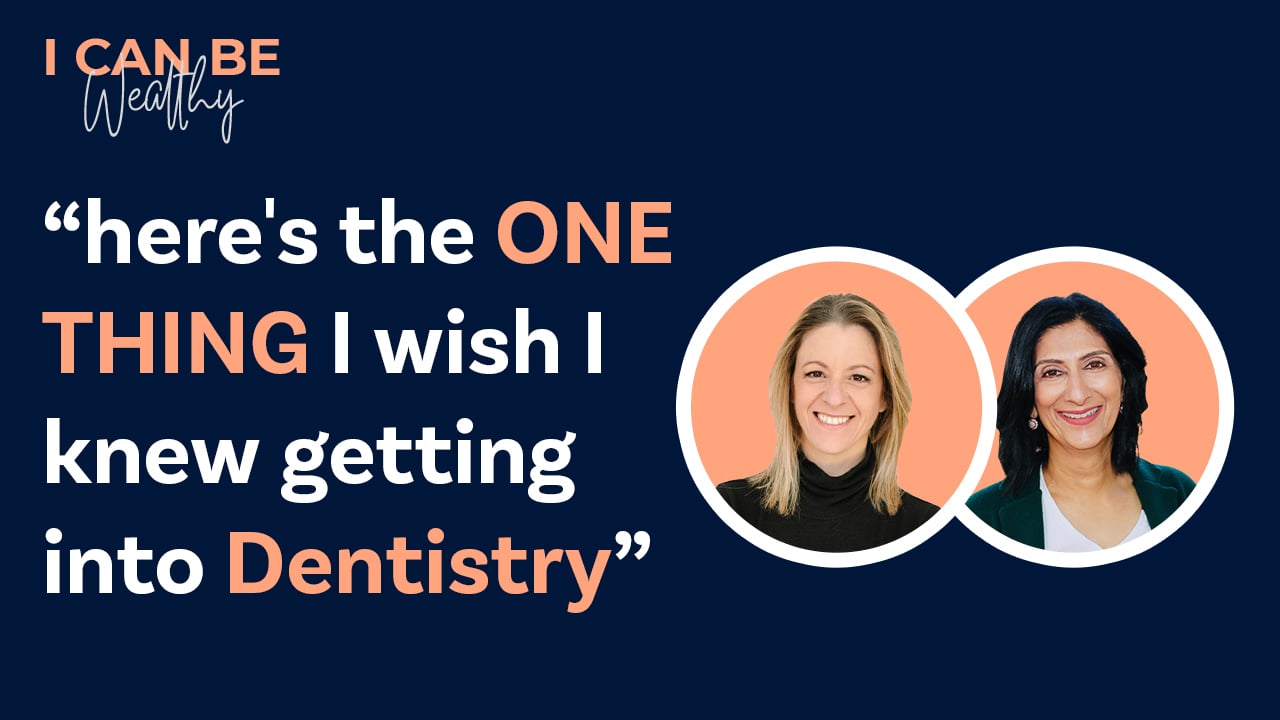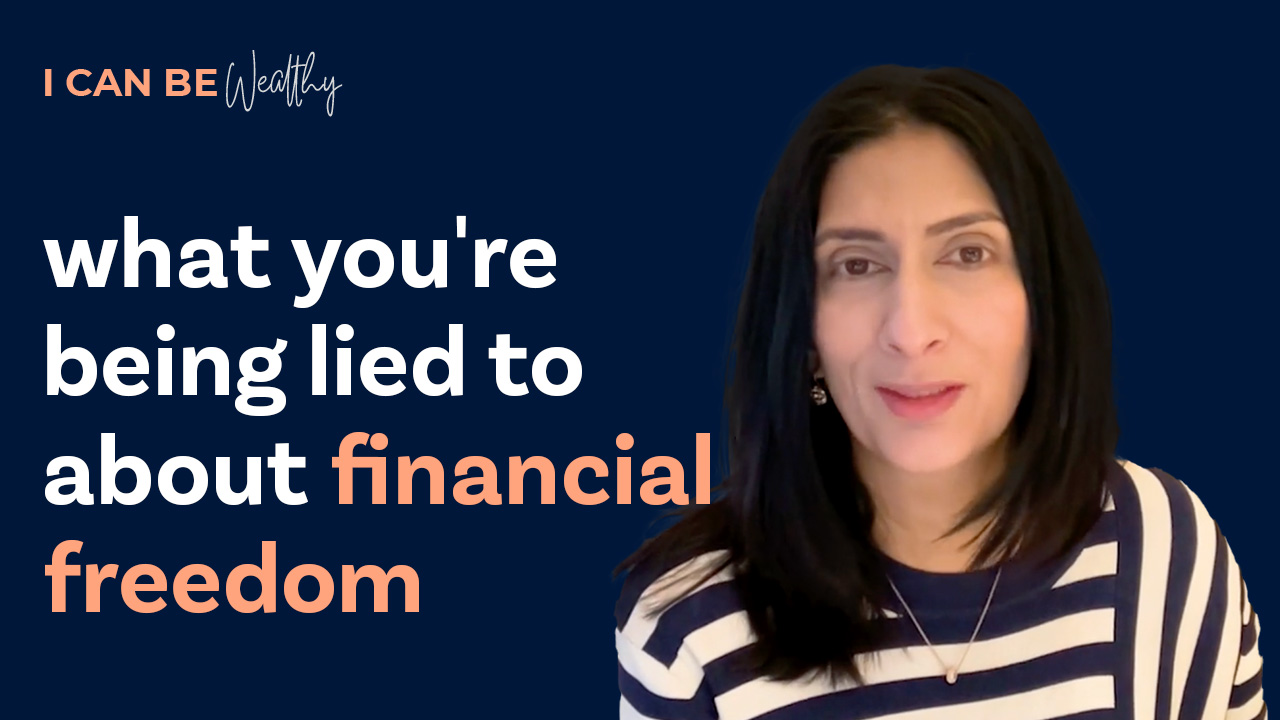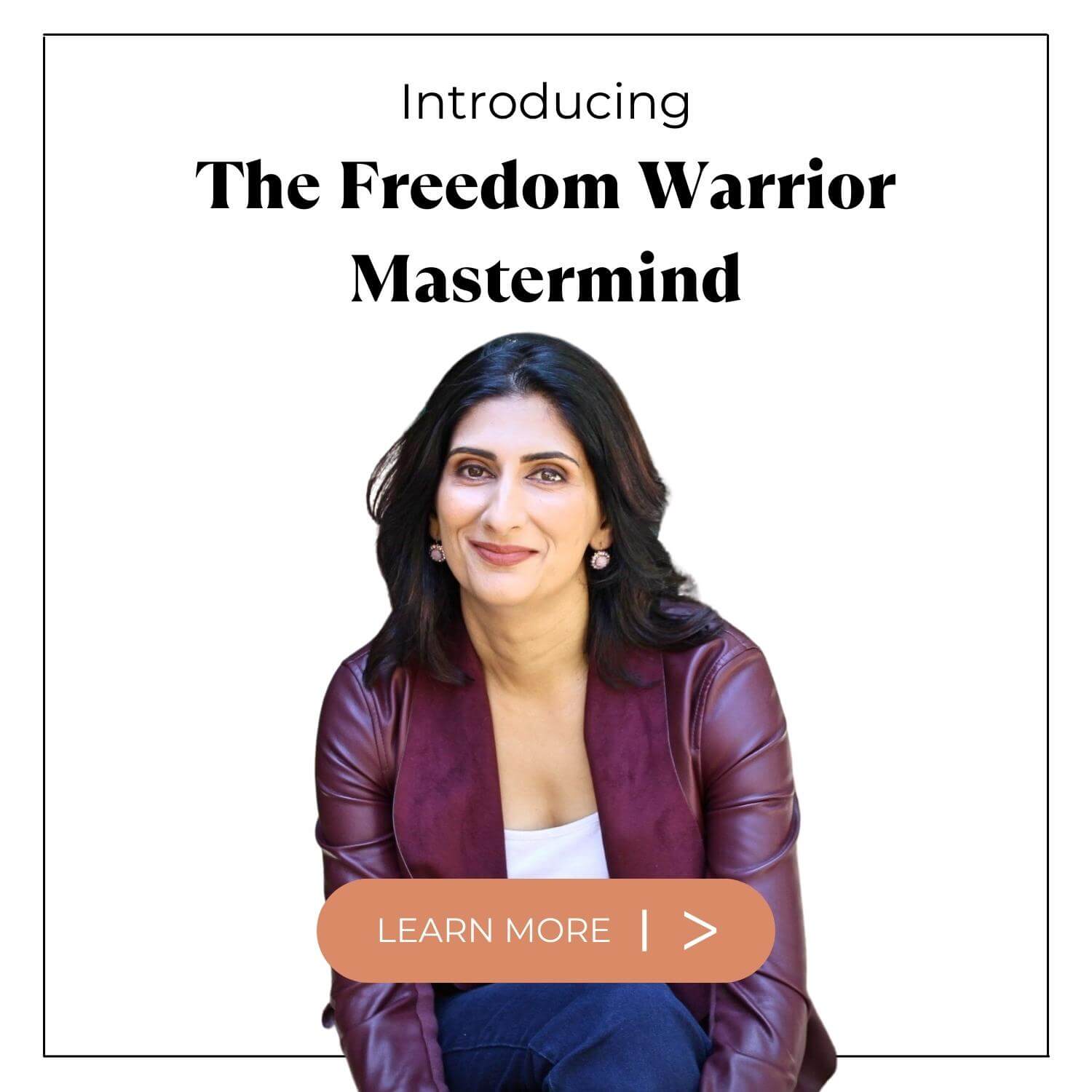How to Become Financially Free
Welcome to the 102nd edition of the Inkosi Wealth Scoop!
In this episode, I’m going to talk about the questions you need to ask yourself, the mindset required, and the actions you need to take so you can achieve financial freedom.
We cover:
- The Concept of Financial Freedom
- What Does Financial Freedom Mean to You?
- Do You Know What You Want?
- Do You Actually Know What You Have?
- Do You Know How Much Fuel to Consistently Allocate to Your Wealth Journey?
- Do You Understand Your Investing Options?
- Where Are Your Highest Priorities?
If you’re a business owner or someone who’s interested to learn how you can achieve financial freedom and have the option to retire, you’ll want to listen to this episode!
Connect:
Website: https://www.inkosiwealth.com/
Facebook: https://www.facebook.com/iamSalenaKulkarni
LinkedIn: https://www.linkedin.com/in/propertystrategist/
YouTube: https://www.youtube.com/c/FreedomWarrior
Show Notes:
00:00 Intro
00:54 The Concept of Financial Freedom
02:19 What Does Financial Freedom Mean to You?
03:35 Do You Know What You Want?
07:57 Do You Actually Know What You Have?
10:43 Do You Know How Much Fuel to Consistently Allocate to Your Wealth Journey?
15:56 Do You Understand Your Investing Options?
19:09 Where Are Your Highest Priorities?
21:50 Final Thoughts
23:07 Outro
Hey guys, welcome back. For those of you who are tuning in for the first time, my name is Salena Kulkarni.
I help business owners learn about and build wealth using non-traditional investments so that they have the freedom to choose early retirement. Read More
Now, that really brings me to the topic for today, which is this concept of financial freedom. Most people hold up or edify the idea of financial freedom as the holy grail of why we get into investing in the first place. Unfortunately, the traditional pathway to financial freedom requires us to slug it out as business owners for at least 40 to 50 years and then hopefully at that point, we will have sufficient resources and assets in place to support us for our remaining years. Retirement for most entrepreneurs is a bit of a dirty word, so I use that word very loosely. What I really mean when we talk about financial freedom and retirement is that ability to choose how you spend your time whether it’s continuing to work in your business or not. So that’s my big asterisk. I guess the starting point is to be financially free, instead of talking in loosey-goosey terms, you really need to know what it is that you want. How do you figure that out? This is where I really think taking a leaf from the thinking of an engineer is really useful. So what a good engineer does is diagnose and ask questions and figure out what it is that you want to build. It can’t be loosey-goosey. It’s got to be really specific. What is the shape look like? How much weight will it carry? Where will it be built? All that kind of stuff. So from a financial freedom point of view, if we’re thinking like engineers, what we want to do is we want to be really clear about first of all defining what financial freedom means to you. This is one of those fascinating areas where every single person that I speak to has a different flavour of expressing what financial freedom means to them. When I say that, what I mean is how their life looks and how their life would change if they were to achieve financial freedom is very different for everyone. But there are some fundamentals that are probably fairly congruent across most people. I think if you could at least start with these kinds of principles in mind, you could probably do a pretty good job of defining financial freedom for yourself. The topic for this podcast is if you want to be financially free, you have to start with the end in mind. This is super important. So what we want to do is, once we’ve defined what financial freedom actually is, and we’re really rock solid about it, then we can start to reverse engineer what are the actions, what are the questions that we need to ask ourselves, and what is the thinking that is required in order to achieve that particular result at that point in time with enough stability both from a foundations and execution perspective that you feel really comfortable with it. What I wanted to do in this podcast is bring to your attention some of the questions that you need to be asking yourself. Number one, do you actually know what it is that you want? When I say that I’m talking about being concrete about things like baseline living costs that you have right now that if you had that amount of passive income coming in would be life-altering for you. So let me give you a couple of examples of this. There are some people whom I speak with and I ask them, “What’s your goal around trying to create a passive income stream?” and they’ll say something like, “I need to have $250,000 to be financially free” and I say, “Okay, then write that down” and then I say to them, “Well, what are you currently earning? Like, what are you currently bringing in?” The response might be, “Well, I’m earning $150,000” and so I immediately say, “Well, what is it costing you to live the life that you currently have?” and they tell me and it’s usually something below $150,000. And so it’s not to say that the aspirational goal of $250,000 is wrong, but really what you want to be clear about is what you actually need in order to sustain the level of lifestyle that you have comfortably. Now for some people, they want to like for like, if they can afford to eat takeaway four times a week, then they want to passive income that will allow them to sustain having takeaway four times a week. Then another example as contrast is I can be speaking to someone who, let’s say they’re earning a couple of hundred thousand every year, including dividends and whatever. You say to them, “What’s your passive income goal?” and they’ll say something like “$80,000” and I say, “Okay, well tell me about that,” and really what they’re doing is they’re saying, “Look, I’m aware that I have a surplus in terms of I know that I’ve got this fuel to contribute towards my investing, but I don’t actually need that to live comfortably.” Let’s say, for example, they don’t have a mortgage or they have a very small mortgage. Let’s say they’ve got children that have left the home. Let’s say that they only want one international holiday or whatever they described their life. But they’re pretty clear that if they were to have $80,000 coming in every year, regardless of whether they got up out of bed and went to work or not, or ran their business or not, that would be life-altering for them because they would have the freedom to choose. So that first question you want to ask yourself is, “Do you know what you want?” requires you to get really granular about where your numbers are at. People tend to focus on maybe some aspirational goals around wealth and they also tend to focus on some magical net worth that they think that if they achieve that, then the income will follow or the wealth security will follow. I know that 9 times out of 10 those two things do not go hand in hand so you can be worth say for example 5 million dollars or 10 million dollars and your level of financial security can actually be very poor. Because perhaps say, for example, you need to earn a certain level of income to support your investment portfolio. So knowing what you want is not just about talking about net worth. It’s about describing how much passive income, what your debt burden looks like, and possibly some other things. It’s like maybe a three or four-piece formula. When A plus B plus C plus D that for me, is the definition of at least baseline financial freedom. Now that’s not to say for the person who says they want to earn $250,000 in passive income that there’s anything wrong with that, but what I’m suggesting is you want to peel back the onion and come back to the absolute baseline. For a lot of people, especially in our country, the pension systems are very, very poor in that a single person or a couple has to live off something like $25,000 or less. Maybe it’s $20,000 to $35,000 or something like that. Now if you own your own home, my observation is that you could probably carve out a subsistence and probably do okay, but it’s not ideal. So anything well above that is really cream. I think it’s the bulk of the population is getting by in such small numbers. You need to be really honest with yourself about saying, “Well, if I had x coming in, then I would feel that I had the luxury of choice about how hard I work or where I apply my talents and my energies.” That’s question number one. Question number two is, “Do you actually know what you have?” When I say that, I’m really astounded at the number of people who don’t really know precisely what they have from a balance sheet perspective. When I say that they’ve got bank accounts all over the place. They’ve got dribs and drabs of investments all over the place. They maybe have property, but they don’t really know what that property is currently worth. They certainly have no understanding of what the profit and loss are for each of their properties. They don’t know about the prospects and they don’t know if it’s a good deal or a bad deal. They’re in that mentality of set and forget. Maybe people have shared portfolios, but they’re not really tracking those. They don’t really know if they’re in the black or in the red, whether they provide dividends or not. So it’s always great to start from a place of a bird’s eye holistic view of, “What have I got?” How is that tracking? So when I say that, when you have a clearer view of what you have, then you can start to apply some simple mathematics to get you clarity on, “Well, here’s what I’ve got and here’s where it’s likely to be in X number of years in the future.” It gives you that ability to say, “Well, if I did nothing else, here’s kind of the starting point.” This question around the connection between what you’ve got and your definition of financial freedom starts to help you shift your thinking in terms of, “Well, what do I need to do with what I’ve got in order to get to where I want to go?” Because certainly for a lot of people, let’s say, for example, they’ve bought one or two, or five or ten investment properties, they often bed those in and then just forget about them and just hope and pray that by the time they need those assets to fuel their retirement or the next phase of their journey, that there’ll be enough. I’m talking to more and more people who’ve maybe lifted their runway to stepping out of their business quite short and they are finding that they are in fact running short of what they thought they would where they thought they’d be. So that second question is, “Do you know what you have?”. I guess the second part of that question is, “Are you tracking the performance of that portfolio of investments over time?” Now, I caution you to unless your plan is to either downsize your home or use your home to generate income, you want to exclude your home from this analysis because that’s really capital that isn’t necessarily going to serve you if your goal is to be mortgage-free and just have a house that’s just unencumbered. One of the things that I know that a lot of investors do is give themselves comfort about their net worth by including the value of their home in the mix. What I would argue is that is not part of your working capital base so you want to kind of exclude that in reference to this second question. The third question that I think that you need to be really thinking about in the context of starting with the end in mind is, “Do you know how much fuel you can consistently allocate to your journey?” because this is really the missing piece for a lot of investors. Let’s say, for example, they do know how much they create in terms of profit or dividends out of their business but they don’t actually have clarity on how much of that they’re prepared to consistently set aside for wealth creation and for creating passive income. So this is one that I would also really encourage you to kind of tease apart and get very concrete on. Now, for a lot of business owners and entrepreneurs, profits can fluctuate wildly. They can go up and they can go down. Some businesses have been absolutely smashed over the last two years as a result of things like COVID, other businesses have really thrived. The key here is really understanding at a baseline minimum what is it that you mentally and in reality can physically set aside to fuel your investing because that’s when you start to be able to do some better analysis on where you are likely to be. Again, if you’re starting with that end in mind, you can reverse engineer and play with the fuel that you have and look at different scenarios. For example, let’s say you are in a situation and I’m thinking specifically of a lovely woman I spoke to last week who really worked hard to build a really solid business. Like a lot of couples, she had the rule of thumb going on that they lived off her husband’s income and all of her income was fuel for investing. Her strategy right now was, “I just want to pay down the debt on the small portfolio of investment properties that I’ve got so that at some point in the future, it will give me passive income that I could potentially live off.” It’s not that there’s anything wrong with that but in this context of building financial freedom, the end in mind has to be in reference to a point in time. So the strategy that she wanted to execute was, “My strategy for reaching financial freedom was to pay down the debt.” Now I asked her questions about, “How did you choose those properties? Are they good properties? Do you feel confident about the performance of those properties in the future?” I think that what ultimately came out is that there weren’t really any investing rules or frameworks used to acquire those in the first place. So already, you’re starting behind the eight ball in terms of then applying a debt reduction strategy as the main game to get you to your financial freedom number. This idea of fuel is really important. If you are in that situation where you are self-made, you are a business owner, and everything you have is a result of your own blood, sweat and tears, what you want to make sure of is that the fuel that you have at the end of every year, or as you go through the year is applied to opportunities or a game plan, or a strategy that will get you where you want to go in a timeframe that is meaningful. So it’s okay to say, “My strategy is that I’m going to buy two investment properties and then just pay them off. That’s my game.” But the reality is, let’s say that takes you 20 years or 25 years, or 30 years to achieve and let’s say based on mathematical projections, you work out that in 25 years, that’s going to give you $100,000. My immediate point to you and this is where my own journey really kicked off into looking for better options was in 2009, when we had quite a large property portfolio, it was positive cash flow more or less across the board. It was about even and we had redlined and hustled and really fought to build that property portfolio. I worked out that I was still at that point 25 years away from hitting the goals that we wanted. But then layer on top of that, the fact that let’s say in this instance, let’s say your goal is to get to financial freedom you need $100,000. What is $100,000 really going to be worth in terms of buying power in 25 years? I would hazard a guess that $100,000 in 25 years is not going to buy you what $100,000 buys you now. That is why this whole idea of starting with the end in mind, it’s got to be a meaningful goal that you set. So there’s no point in saying, “Well, I want $100,000 in passive income to live off in 40 years’ time” because in 40 years’ time is $100,000 really going to cut it? So this idea of fuel, going back to my original point, like do you know how much fuel you have? If you know you’ve got a fixed or baseline level of fuel that you can contribute to your investing every year, you need to start thinking about how you’re going to apply it because debt reduction strategies are okay to a point, but they’re only going to get you so far. Maybe this is another podcast episode in itself because I think it’s worth unpacking. But debt reduction by itself is really another form of savings and it’s very hard to save your way to wealth. It’s very hard to save your way to building a passive income stream that is meaningful, that you could live off while you’re young enough to still enjoy it, I might add. So that was question three.
Question four was, “Do you understand your investing options?” So this is really the next piece. When I say that, let’s say you know that your goal is that you need to get to a certain amount of passive income. Let’s say $100,000 passive income and you’d like to get there in five years and you know that you’ve got let’s say $150,000 a year to allocate to some form of investing in debt reduction. The tension, of course, is always between keeping an eye on the prize and making sure that you get to the passive income you want without ending up in a situation where you’re still carrying a ton of really, life squashing debt, I’ll call it. You’ve got to really think about that tension between paying off debt and creating more wealth. Then, of course, you’ve got all sorts of external limitations, like the banks won’t lend you more than a certain amount of money or your income is always going to be a limiting factor in terms of borrowing. There are so many different facets to it. But this is the piece where before you go off half-cocked and buy the next investment property or buy a whole portfolio of shares, you need to actually understand the opportunity cost of different courses of action. For example, if you are in a situation where you have a reasonable net worth and some good capital behind you, maybe you’ve even got a good capacity to set aside dividends out of your earnings every year, then alternative investments, for example, are an amazing asset class to be thinking about because there’s a trade-off at some point between growing your net worth and growing your passive income, particularly when we’re talking about traditional assets. So understanding your options if you’re in that situation is crucial. If you took a small percentage of your capital and put it into alternative where you were earning say, eight to twelve per cent net returns, after all your expenses and that could get you to where you want to go within five years. How does that compare with you feeling like, “Okay, now I’ve got to pay down debt or I’ve got to buy more investment properties or I’ve got to buy more shares, I’ve got to buy more traditional assets so that my net worth grows, or I’ve got to put more money into super.” There’s no right or wrong with any of this stuff, but you need to understand at your point of the journey what your investing options are. Now the contrast of that is, imagine you are a new investor and you’re just getting started, then I would say to you the priorities at that point of your investing journey as you’ve got to build capital and the best way to do that is by using leverage to access investments such as traditional property where you can really pocket, put a small percentage of your own capital against debt from a bank and allow that asset to grow over time. That’s how you will get exponential results. There’s no question. But what I’m advocating is when you start with the end in mind, when you know where you want to get to, you can start making better quality decisions and asking better quality questions now, as opposed to investing blindly. Then at some point going “I’m a bit off track here. What do I actually want to do?” This, unfortunately, is what I’m witnessing more and more in the calls that I’m having with some of you that are inquiring about how alternative investing works and how could that be a fit for you. So this question that I want to really suggest that you need to think about if you want to really be that investor that starts with the end in mind is, “Where are your highest priorities?” I talked a little bit in the first question about, “What do you actually want?”, I think identifying your priorities and perhaps even describing some milestones that are going to occur on your journey between now and where you want to go. What I’m talking about is we can’t be investors in a vacuum. Unfortunately, a lot of investing theories about in a perfect world where life doesn’t come on down or where things don’t get in the way, you might be perfectly comfortable with a particular course of action, but the reality is, that life happens in unexpected ways, and things come up. Not only that, we’re only here once we want to really make sure we enjoy the ride. You’ve certainly come across I’m sure investors who are so I guess, frugal and have such a scarcity mindset that they end up not really enjoying their life or postponing enjoyment because they think that it’s going to happen at some point in the future. So this fifth question is what are your highest priorities are, is really about saying there’s no question that many of us value the wealth-building piece, but what are the things that are going to happen between now and this goal date that is really important to you. For example, you might say, “It’s really important to me that in year two, I take a six-week sabbatical, that I have a child, that I take time out to be with my grandkids”. It could be life events like that, it could be time is your highest value. So instead of saying, “I don’t want to wait till I hit that to start taking time out to enjoy myself. I want to do it now.” Maybe in doing that, there’ll be some compromise to the outcomes or the profitability of your business. Maybe your highest priority today is cash flow. Maybe it’s building capital. Maybe it’s tax considerations. Whatever those are, it’s really important to bring the human element to your planning. I think I could probably certainly in my own journey have been at least three or four times wealthier than I am. But for me, the experiences and the people in my world and my life and that sense of balance between work and play and love, and relationships and kids, matter greatly to me. So I haven’t been all about the investing. I would say to you, it is really important. This is just I guess, heart sentiment, rather than a technical pragmatic one. You need to know what your highest priorities are. So look, I’ve kind of gone down a bunch of rabbit holes here but let me just recap. If you start with the end in mind, as an investor, you are far less likely to follow shiny objects and get off track. You are much more likely to make sure that the investments that you take on are in alignment with where you’re trying to go. It’s much more likely that you will set a cadence for your investing, which will get you further along than if you’re a bit ad hoc about it. If you start with the end in mind, it becomes an ability to reverse engineer and work out what thinking and action are required to get you where you want to go. So for example, if you are a business owner that has maybe been operating on autopilot when it comes to your wealth-building and now you’re like, “I just want this to be done. I just want to get where I want to go over the next three, maybe five years” then alternative investments are definitely worth looking at because they are specifically focused on generating that predictable sustainable cash flow. I think as well like the five questions that I just mentioned, know what you want, know what you have, know what the fuel is that you are going to have as a baseline that you consistently can allocate to investing, know your investing options, and set your highest values and priorities in life. So, guys, I think I want to end it here. I really love this topic. I think it’s a really important one and what I’d like to encourage you all to do is just reflect on those five questions over a cup of tea in the next week and please let me know if there are any things that jump out or if you want help with anything. I’m always here. If you’re a business owner feeling frustrated that despite doing everything right in the property investing playbook and you’re no closer to financial freedom, then head over to www.inkosiwealth.com to learn more about how you can use alternative investments to catapult your investing income and blend strategies to shave decades off your timeline to financial freedom. If you’re interested in understanding how to create wealth through alternative strategies, please check out my programs, where I help you catapult your investment income and blend strategies to shave decades off your timeline to financial freedom.
The Concept of Financial Freedom
What Does Financial Freedom Mean to You?
Do You Know What You Want?
Do You Know What You Have?
Do You Know How Much Fuel You Can Consistent Allocate to Your Journey?
Do you Understand Your Investing Options?
Where Are Your Highest Priorities?
Final Thoughts
Or, you’re welcome to get in touch today, book a call with me, and I would be happy to talk you through it – no obligation!
Related Podcasts
How Dentists Are Tackling Wealth and Practice Challenges in 2024
In this episode, I interview Julie...
A Journey of Building Wealth Through Websites with Matt Raad
In this episode, I interview a...
The Passive Income Investing Strategy
In this episode, we talk about the...
The Sack of Sh*t We’ve Been Sold About Wealth Building
In this episode, we talk about why...

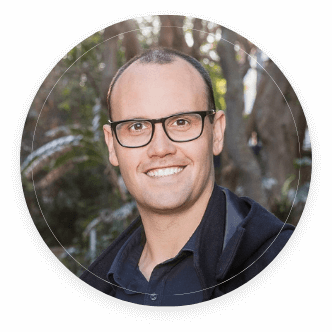
M. Brickwood
![]()
The Freedom Warrior program has given me the education, access to opportunities, and fresh investment advice to setup a bright future for me and my family.

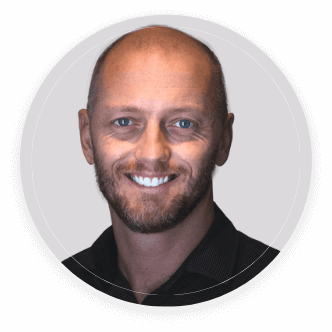
B. Williams
![]()
If you are really serious about building real wealth in your life (intergenerational wealth) and creating a legacy, there is no better place.
